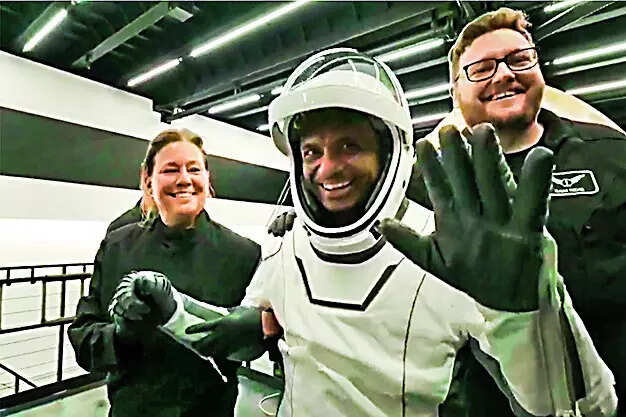Shubanshu Shukla healthy, on a medical routine to restore baseline health

Water pollution surges in England as toxic coal ash cleanups face delays, but hope emerges with potential breakthroughs in reducing aviation's climate impact.

All major sources, one page
Feel the mood behind headlines
Know what’s trending, globally
Get summaries. Save time
7,177
122
204
an hour ago
Stay sharp in 60 seconds. Get concise summaries of today’s biggest stories — markets, tech, sports, and more
All major sources, one page
Feel the mood behind headlines
Know what’s trending, globally
Get summaries. Save time
7,177
122
204
an hour ago
Stay sharp in 60 seconds. Get concise summaries of today’s biggest stories — markets, tech, sports, and more